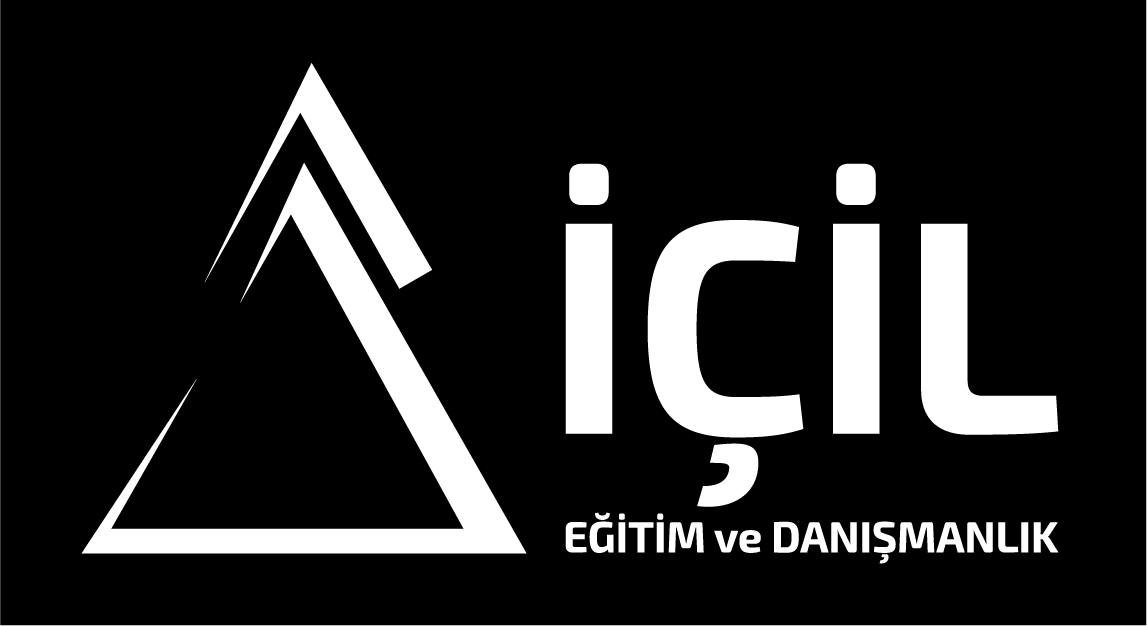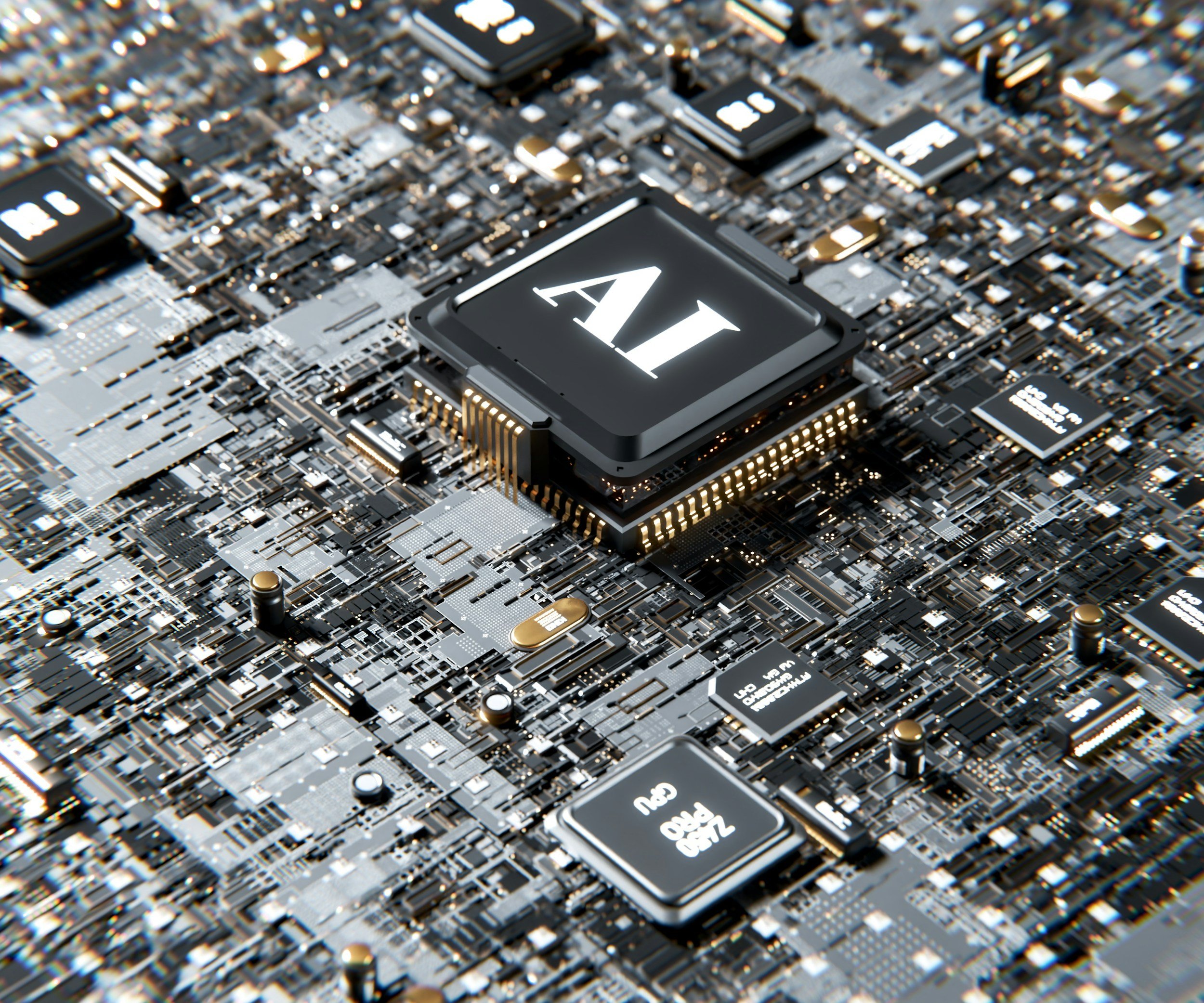Generative AI Use Cases Across 12 Different Sectors
In the dynamic landscape of technological advancements, Generative Artificial Intelligence (Generative AI) has emerged as a groundbreaking force, reshaping the way industries operate. This powerful subset of AI holds the capability to generate new content, ranging from images and text to entire simulations. Let’s look at the different transformative use cases of Generative AI across various industries, highlighting its impact on innovation and efficiency.
Healthcare: Enhancing Diagnostics and Drug Discovery
In the healthcare sector, Generative AI has proven to be a game-changer. It facilitates image synthesis for medical imaging, enabling more accurate diagnostics through the generation of high-resolution images. Additionally, Generative AI plays a pivotal role in drug discovery by predicting molecular structures and simulating potential drug interactions. These advancements significantly accelerate the pace of research and development in the pharmaceutical industry.
Finance: Fraud Detection and Risk Management
Financial institutions leverage Generative AI to fortify their security measures. The technology is employed for anomaly detection, flagging irregular patterns in financial transactions that may indicate fraudulent activities. Moreover, Generative AI models are adept at generating realistic financial scenarios, aiding in risk assessment and portfolio management.
Automotive: Designing Future Vehicles
Generative AI has a significant impact on automotive design and engineering. By analyzing vast datasets, it can generate innovative designs for vehicle components, optimizing for factors such as aerodynamics and fuel efficiency. This not only accelerates the design process but also leads to the creation of more fuel-efficient and environmentally friendly vehicles.
Education: Customized Learning Materials
In the education sector, Generative AI contributes to the development of customized learning materials. By understanding individual learning styles and preferences, it generates content tailored to students' needs. This personalization enhances the learning experience, making education more accessible and effective.
Entertainment: Content Creation and Virtual Worlds
Entertainment industries harness Generative AI for content creation, from generating script ideas to creating special effects in movies and video games. Additionally, it plays a crucial role in the development of virtual worlds, enhancing the realism and immersive experiences for users.
Manufacturing: Supply Chain Optimization
Generative AI finds application in supply chain optimization by predicting demand, optimizing inventory levels, and streamlining logistics. This results in a more efficient and cost-effective manufacturing process, reducing waste and improving overall operational efficiency.
Retail: Virtual Try-On and Personal Shopping Assistants
In the retail sector, Generative AI is reshaping the way consumers shop online. Virtual try-on applications powered by Generative AI allow users to visualize how clothing items, accessories, or even furniture will look on them or in their homes. This not only enhances the online shopping experience but also reduces the likelihood of returns. Additionally, Generative AI is employed in the development of personal shopping assistants that provide product recommendations based on individual preferences and style.
Energy: Predictive Maintenance in Power Plants
Generative AI is making significant strides in the energy sector, particularly in the domain of predictive maintenance for power plants. By analyzing historical data and identifying patterns, Generative AI models can predict when equipment is likely to fail, allowing for proactive maintenance. This not only minimizes downtime but also optimizes maintenance schedules, leading to substantial cost savings for energy companies.
Agriculture: Precision Farming and Crop Optimization
Generative AI is making significant strides in agriculture through precision farming techniques. By analyzing data from sensors, satellites, and historical crop performance, Generative AI models can provide insights into optimal planting patterns, irrigation schedules, and crop management strategies. This not only maximizes crop yield but also minimizes resource usage, making agriculture more sustainable and efficient.
Telecommunications: Network Optimization and Predictive Maintenance
In the telecommunications industry, Generative AI is utilized for network optimization and predictive maintenance. By analyzing network data and patterns, AI algorithms can optimize the distribution of resources, improving network performance and reliability. Additionally, Generative AI aids in predicting potential equipment failures, enabling proactive maintenance to minimize service disruptions and downtime.
Tourism: Personalized Travel Recommendations and Itinerary Planning
Generative AI is transforming the tourism industry by providing personalized travel recommendations and itinerary planning. By analyzing user preferences, travel history, and real-time data such as weather and local events, AI algorithms can generate customized travel suggestions. This enhances the overall travel experience, helping users discover new destinations and create personalized itineraries tailored to their interests.
Real Estate: Property Design and Visualization
In the real estate industry, Generative AI is employed for property design and visualization. By understanding the preferences of potential buyers or renters, AI algorithms can generate virtual representations of interior designs and architectural modifications. This enables clients to visualize and customize spaces before construction, ultimately streamlining the decision-making process and reducing the likelihood of design modifications during the construction phase.
Generative AI stands at the forefront of technological innovation, influencing diverse industries with its transformative capabilities. The ability of Generative AI to analyze complex datasets, simulate scenarios, and generate personalized solutions positions it as a key driver of innovation. Embracing Generative AI is not just a technological advancement but a strategic move for industries aiming to stay competitive and relevant in an ever-evolving landscape. As the technology continues to evolve, its potential to revolutionize industries is only set to grow, promising a future where innovation knows no bounds.
Mustafa İÇİL

